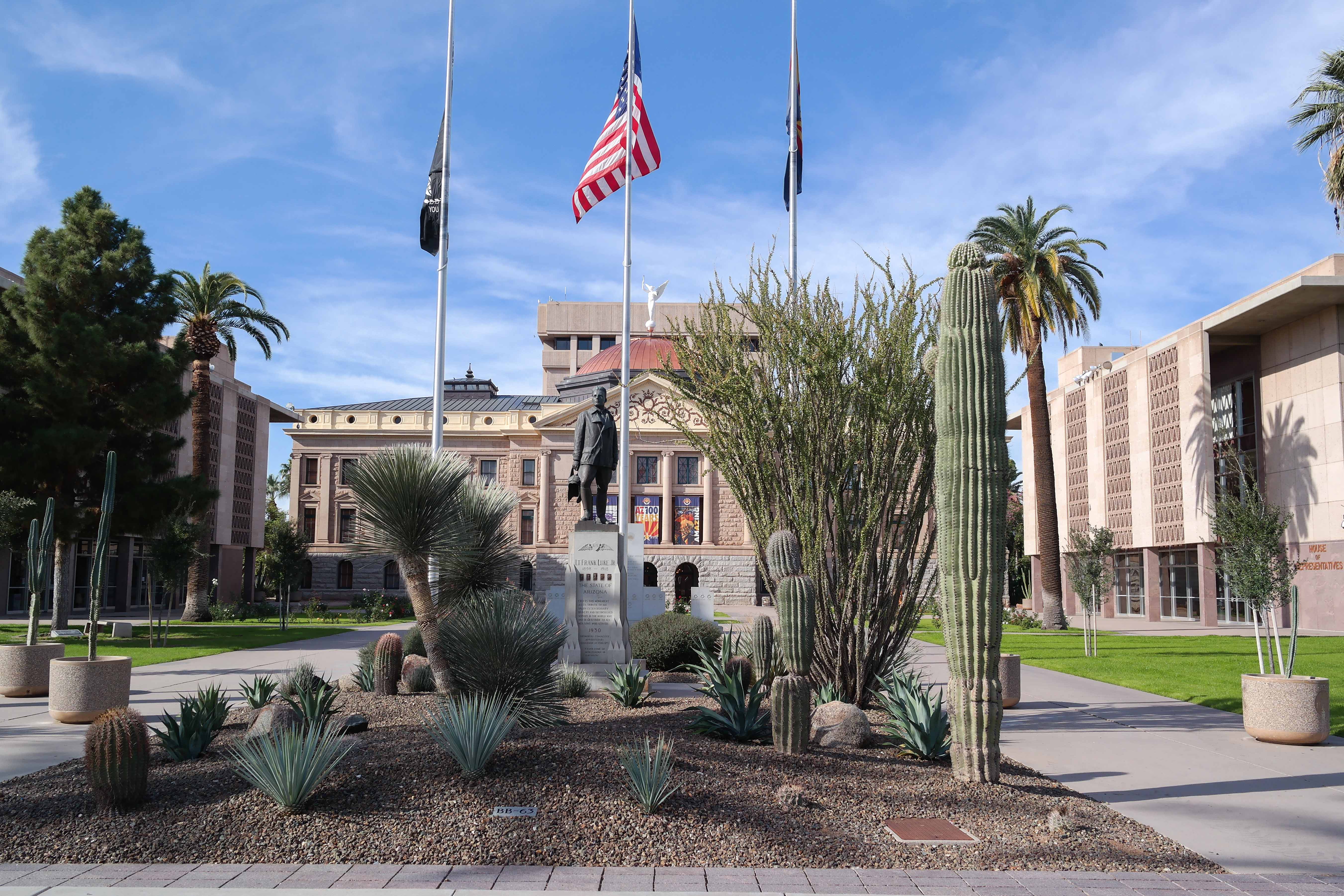Arizona enacted 10 election-related bills in the first half of 2024, the second most of any state with a divided government. New laws change the deadline for certifying elections, modify rules for hand-counted post-election audits, and add new notification requirements if a voter's registration is changed:
HB 2785 moved up the statewide primary date by one week in response to changing federal deadlines and instituted a new schedule for canvassing boards to meet and certify election results depending on the type and level of the election. The new law requires canvassing boards to meet no later than the third Thursday after a general election and not later than the second Monday after a primary election. Previously, canvassing boards were required to canvass and certify election results between 6-20 days after an election. The bill also shortens the amount of time an election official has to verify a provisional ballot to five days (instead of ten) after a federal-level election and three days (instead of five) for other elections.
SB 1342 created new rules for hand counts required by the state's post-election audit law. The new rules provide that political party designees will be compensated to perform a hand count under the supervision of the county election officer, and prohibit 75% of those conducting the hand count from being members of the same political party.
HB 2484 requires county election officials to notify a voter of any change to his or her registration record within 24 hours, including by text or email if possible. The notice must include instructions on how a voter can update their registration or contact the county official if the voter did not request or authorize any change.
Governor Katie Hobbs (D) also vetoed seven bills passed by the Republican-controlled legislature. One of those bills would have made school board elections partisan, and another would have banned election officials from sending voter registration cards to anyone who's mailing address is not in the state. As of June 2024, school board elections are partisan in four states, while five other states allow school districts to choose whether their elections are partisan.
Arizona voters will also decide on a legislatively-referred constitutional amendment this November that would require partisan primaries for partisan elected offices and prohibit primaries where all candidates, regardless of affiliation, run together, such as top-two and top-four primaries. Lawmakers referred the measure during the 2023 legislative session.
The information in this article is based on Ballotpedia's State of Election Administration Legislation 2024 Mid-Year Report. The report provides insights, analysis, and takeaways from the 3,735 election-related bills we tracked in the first half of this year.



